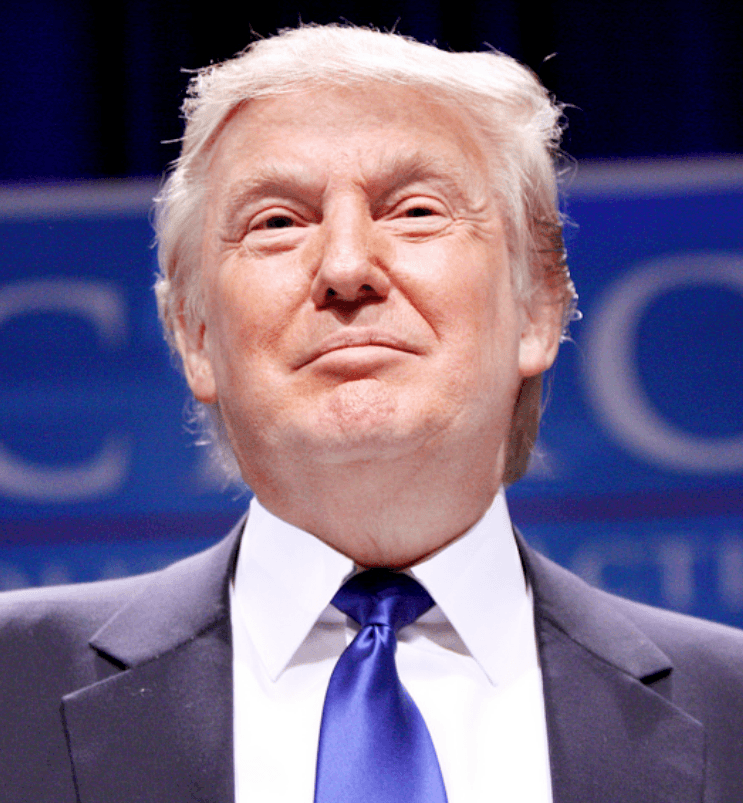Students stress the negative impact of Trump’s budget cuts
3 min read
Flikr | Creative Commons
By COLE MASAITIS
On March 16, 2017, President Donald Trump’s new budget proposal, which he has been working on with congress for the upcoming fiscal year, went public. According to the Washington Post article, “Trump Presidential Budget 2018 Proposal,” the Department of Veterans Affairs, Homeland Security and Defense Department are where most of governmental funds are being paid. That means that the budget cuts and eliminations deal with, really everything else.
The Washington Post also shared a list of 19 of the more well-known agencies and organizations that will be affected by these cuts in their article, “The 19 Agencies That Trump’s Budget Would Kill Explained.” Some of these include the Corporation for Public Broadcasting, National Endowment for the Arts and for the Humanities, the Institute of Museum and Library Services.
NPR said, “This is the first time any president has proposed such a measure.” They also talked about how last year the CPB received $445 million in federal funding in the previous fiscal year, and the NEA as well as NEH was funded with approximately $148 million for both agencies, which compared to the $4 trillion federal budget, is not a lot.
To further push this point, president and CEO of the CPB released a statement saying, “There is no viable substitute for federal funding that ensures Americans have universal access to public media’s education and informal programming services,” and that “public media is one of America’s best investments, costing each citizen $1.35 per year.” These funds go towards major public broadcasting organizations such as PBS and NPR, but many local stations will be more affected because these cuts affect a majority of their funds.
Published on the Current, the CPB, NEA and NEH, budgets would eliminate their federal funding, rather than simply cutting from them. The Current stated that “Butler is optimistic that funding for public broadcasting will survive as it has in past budget battles.” Butler said, “I don’t think this budget will get very far, and I don’t think Congress will follow the president’s lead with respect to his spending priorities.” This is only the first time a president has proposed budget cuts to these agencies, and it has been proposed before by previous members of Congress.
The Huffington Post shared “The CPB, NEA and NEH combined only account for 0.02 percent of the federal budget.” As published by Alternative Press they released a statement by Neil Portnow, the President and CEO of the Recording Academy. Portnow said, “Love of music and the arts brings us together, and celebrates the richness of American culture and our spirit of curiosity and creativity.”
Drake Dragone, sophomore music major, felt that the defunding was taking away from departments that already do not have enough money. “The NEA produces around $700 billion of income for the government annually, which is more than construction and transportation,” Dragone said. “Also, without government funded art, we wouldn’t have many things being taught in schools today or many of the things we’ve come to rely on such as clothing, music, video games, architecture, etc.”
Levi Manuel, junior music major said, “We miss out on expression. We miss out on individualism. Kids won’t get to learn of the great benefits that music has to offer: improved mood and sleep, decreased stress and depression, increased verbal skills, increased coordination.”
The NEA provides great economic support for both artists as well as areas ranging from well-to-do, to those with poor economies. CPB allows for news from as many angles as possible, and sides of the story to reach the public.











